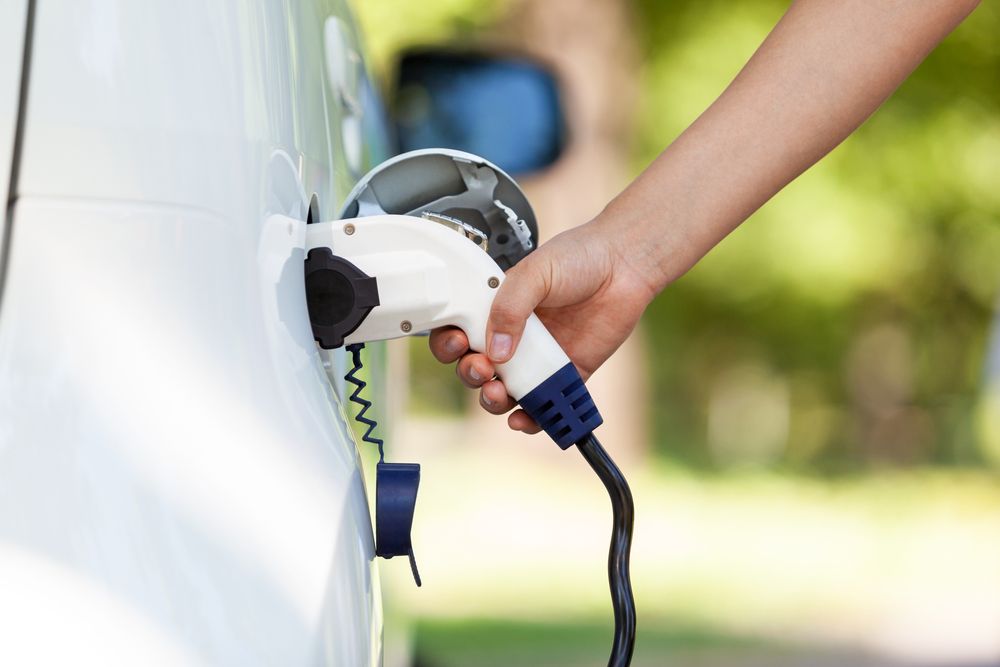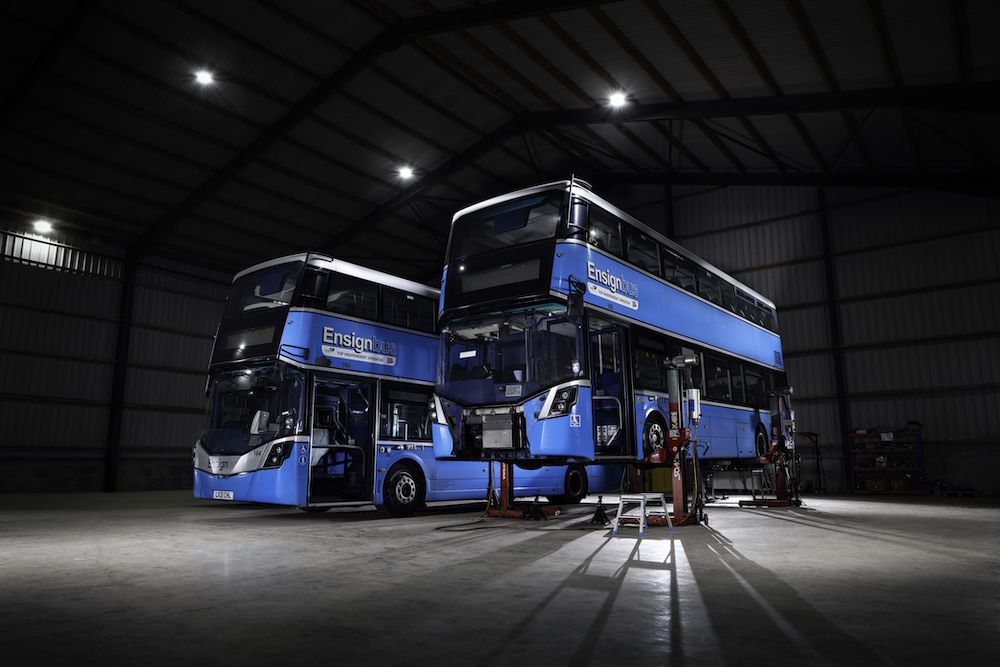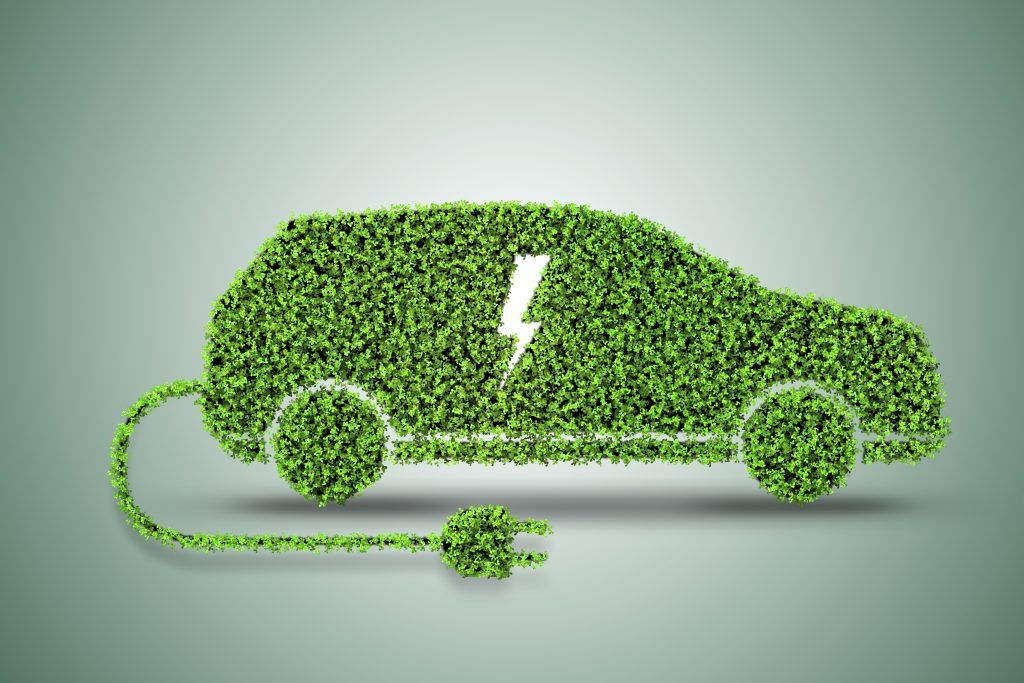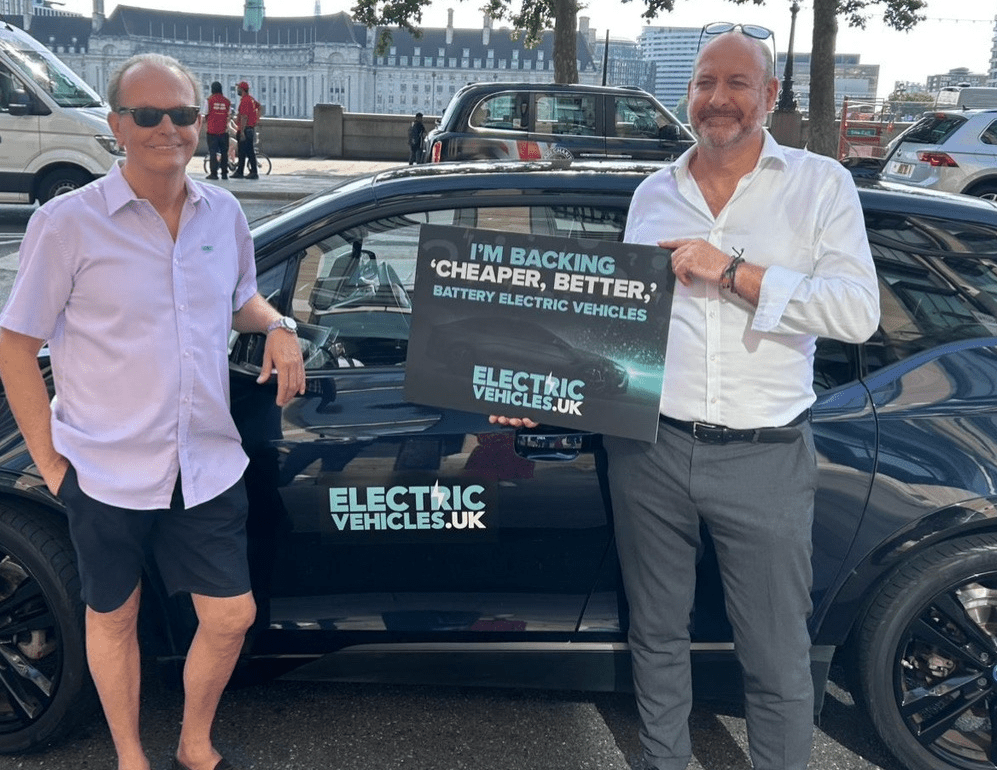Women are buying less electric vehicles than men due to mistargeted marketing and knowledge of purchasing, according to a new report.
The study from Auto Trader, called No driver left behind: women and the journey to electric, discovered just 12% of women would prioritise technology when buying a car, despite this being the major route of EV marketing.
Instead, Auto Trader found they should focus on safety, which 65% of female drivers though was the most important aspect of a vehicle purchase – and also found women were unaware of the cost savings of owning an EV. Research shared within the study showed that a quarter of women thought that EVs were more expensive to run than petrol or diesel cars. Yet, as of April 2023, electric vehicles were on average £86 cheaper per 1,000 miles to run than petrol or diesel cars.
The report also found women report higher ‘knowledge gaps’ around EVs with a lack of information on how they drive, how long it takes to charge an EV and the sustainability of such vehicles.
The report highlights a need for more EV promotion on social media, as the Digital Marketing Institute found that 86% of women use social media for purchasing advice, yet the majority of EV promotion is currently in car magazines and newspapers.
Additionally, when asked about where they do their car research, women (41%) were far more likely to select family/friend recommendation than men (29%).
Erin Baker, Editorial Director at Auto Trader, the UK’s largest online marketplace said: “You’d be forgiven for assuming the advent of electric cars (EVs), with their more lifestyle-oriented stories around sustainable materials, enhanced services and carbon footprints, would fundamentally change women’s relationship with cars for the better. And yet, as our new data shows, the gender gap is widening…
“Addressing the issues raised in this report should help a large chunk of UK drivers to feel confident enough to take that leap. Without action, adoption will falter. And more and more drivers will get left behind. Faltering adoption is not good for the UK automotive industry but it’s also not good for the environment, public health or social equality.”
Kim Royds, EV Director at British Gas commented on the report: “It’s clear charging concerns are pervasive for all drivers when considering EV ownership, but this research has uncovered concrete areas where women experience these barriers in specific ways.”
“At-home chargers are a vital part of the electrification process and the report highlights the need to educate the public on the cost-savings and simplicity of at-home charging installation in inclusive ways. For example, we are sharing our simple three-step process to help break down any complexities or misconceptions. In the coming weeks, we’re also looking forward to launching our latest EV charger, which will help users save money.”
Image from Shutterstock














